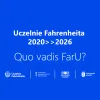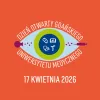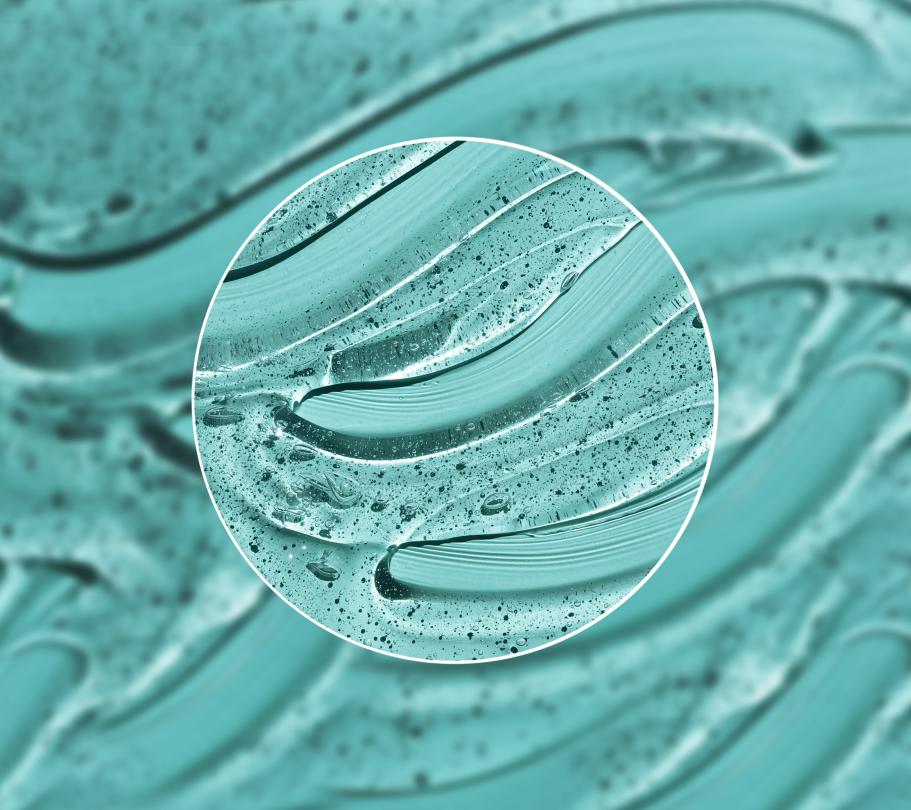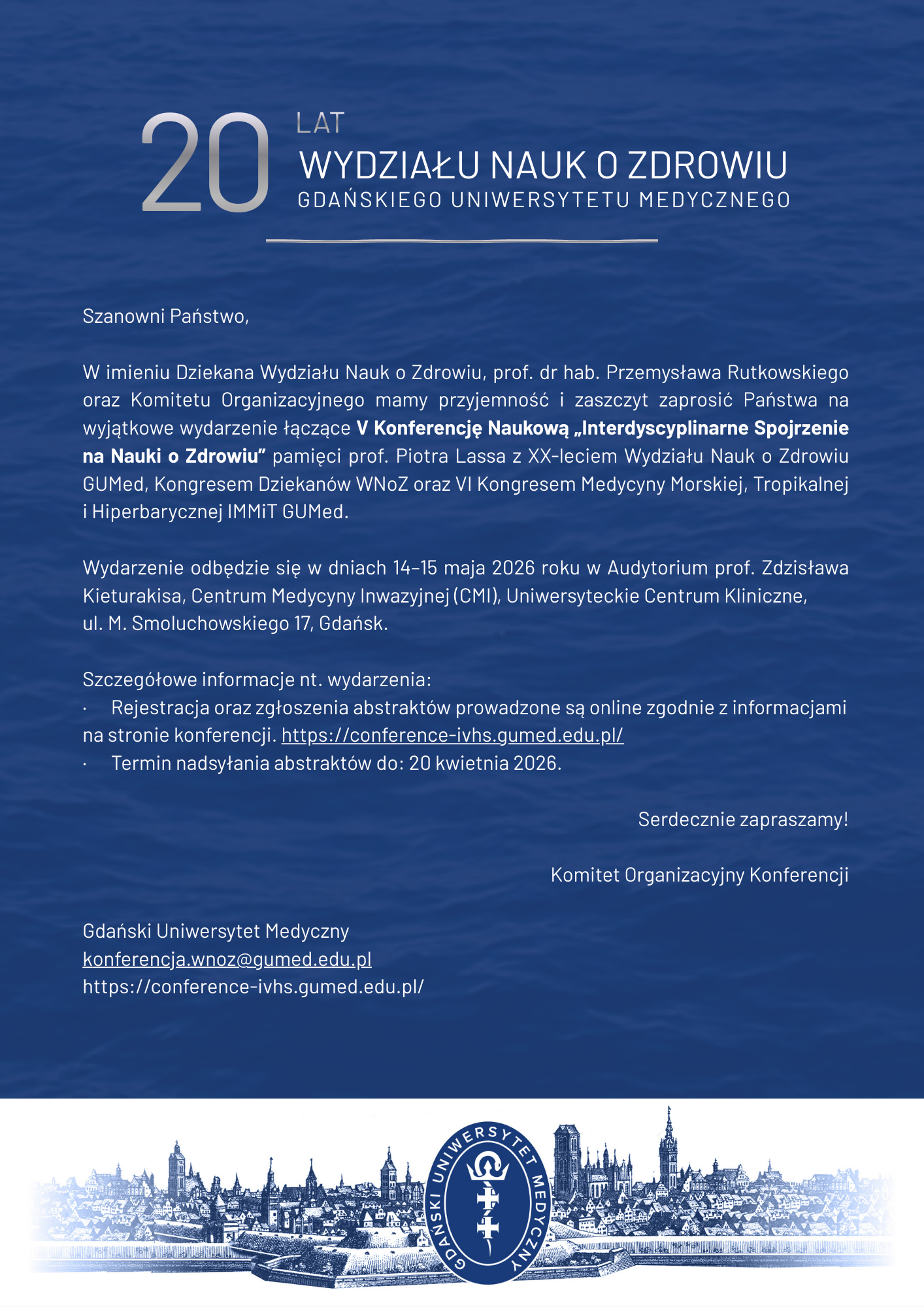ScanBalt jest organizacją non-profit zarejestrowaną w Danii, która odgrywa istotną rolę w integracji środowiska nauk biologiczno-medycznych regionu całego Morza Bałtyckiego, w tym województwa pomorskiego. Jest stowarzyszeniem skupiającym uniwersytety, kliniki, firmy i przedstawicieli władz regionalnych zainteresowanych rozwojem nauk o życiu i zdrowiu i dążących wspólnie do utworzenia i promowania regionu Morza Bałtyckiego jako obszaru konkurencyjnego w dziedzinie nauk o zdrowiu i ochrony środowiska naturalnego.
Gdański Uniwersytet Medyczny i Uniwersytet Gdański są członkami założycielami ScanBalt. Pracownicy Międzyuczelnianego Wydziału Biotechnologii UG i GUMed czynnie uczestniczą w pracach i projektach Stowarzyszenia. W latach 2002-2004 prof. Anna J. Podhajska, a w następnej kadencji (2004-2006) prof. Ewa Łojkowska, pełniły funkcje wiceprezydentów ScanBalt. Obecnie wiceprezydentem jest prof. Krzysztof Bielawski. Prof. Ewa Łojkowska i prof. Jacek Bigda uczestniczyli w projekcie finansowanym ze środków INTERREG IIII „ScanBalt Campus”. W ramach tego projektu w Gdańsku powstała koncepcja „ScanBalt Campus Centre of Knowledge on Molecular Diagnostics for Medicine, Plant and Animal Diseases”.















